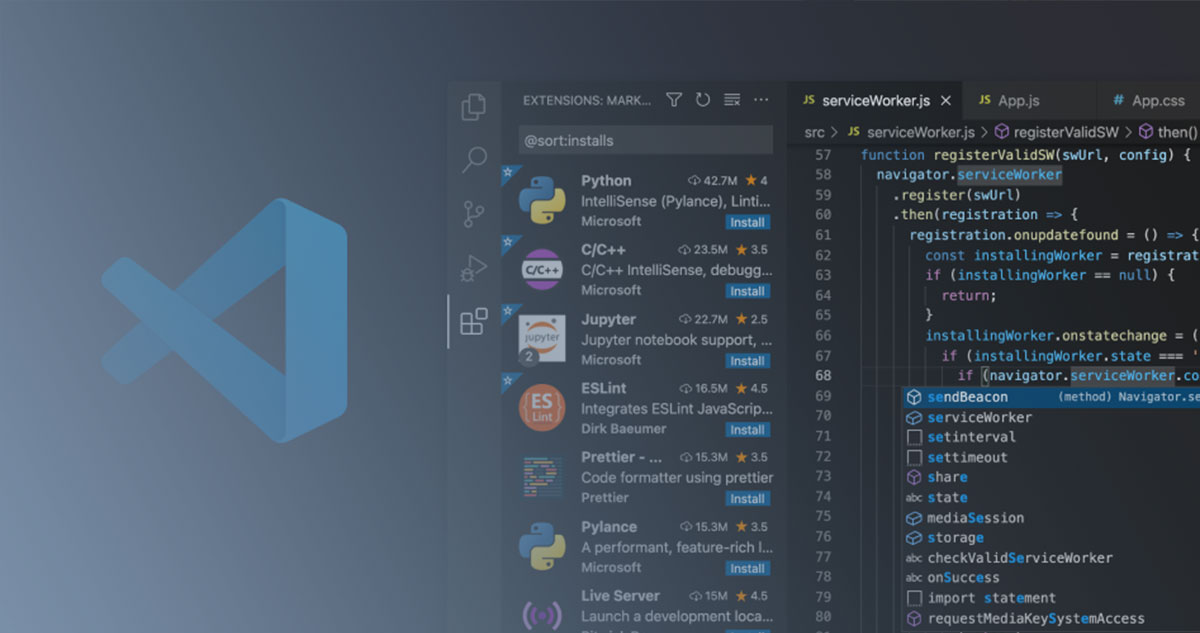The Essential Mobile App Development Languages
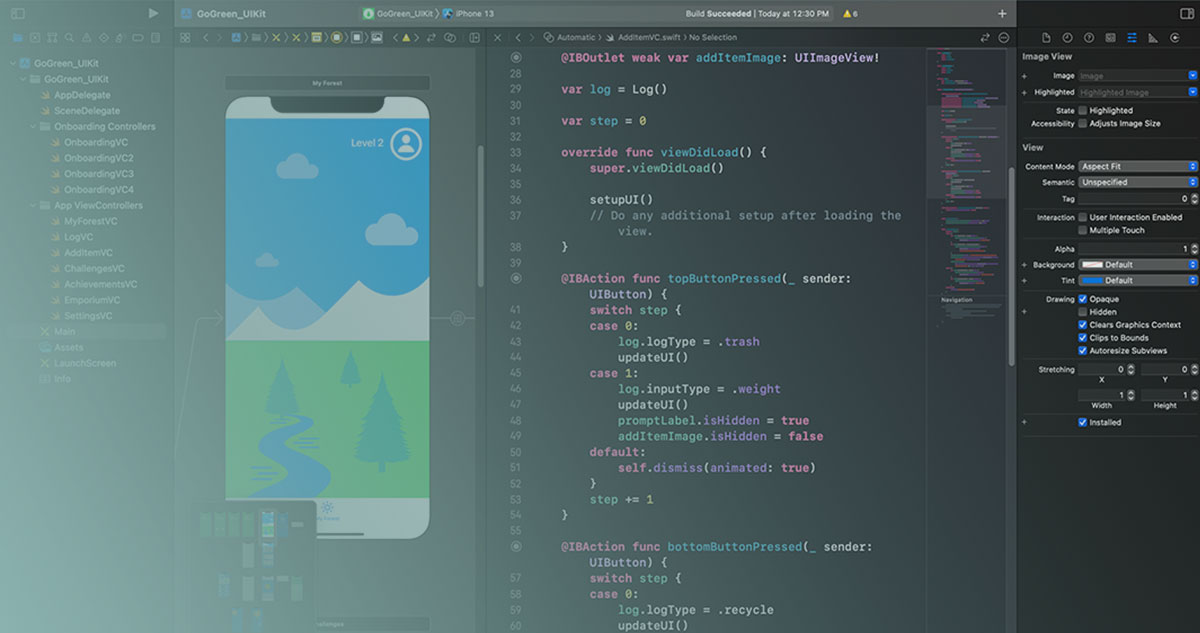
Imagine unfolding the secrets of a bestseller novel. That’s what embarking on the quest for the perfect mobile app development languages feels like. With the digital universe at our fingertips, the craft of app creation has shot through the stratosphere, and so has the need for mastering its lingo—the code.
Buried in each successful app lies a powerhouse of programming disciplines, yet, choosing the right language is the golden ticket.
I’ll usher you through this babel, where Java jives with Android, Swift serenades iOS, and cross-platform conquerors like React Native and Flutter deliver a universal crescendo.
By the curtain’s close, you’ll wield the tools needed to pick the language that’ll turn your app vision into reality.
Anticipate a tech odyssey across IDEs, striking through the app stores, all while juggling user experience, monetization strategies, and app lifecycle management.
Welcome to the lexicon of app creation—where every line of code is a beat in a digital rhythm.
Mobile App Development Languages
| Language | Platform Compatibility | Performance | Community & Ecosystem | Learning Curve |
|---|---|---|---|---|
| Swift | iOS, macOS, watchOS | High | Large (Apple-focused) | Moderate |
| Java | Android, cross-platform | High | Very large | Moderate |
| Kotlin | Android, cross-platform | High | Growing rapidly | Moderate |
| JavaScript | Cross-platform (web) | Moderate | Very large | Easy to Moderate |
| Objective-C | iOS, macOS | High | Large (Apple-focused, but declining) | Moderate to Difficult |
| C# | Cross-platform with Xamarin | High | Large | Moderate |
| Dart | Cross-platform with Flutter | High | Growing rapidly | Moderate |
| Ruby | Cross-platform with Rubymotion | Moderate | Large | Easy |
| Python | Cross-platform with Kivy | Moderate | Very large | Easy |
| PHP | Not commonly used for mobile | Moderate | Large (more web-focused) | Easy |
| C++ | Android with NDK, cross-platform | Very High | Large | Difficult |
| HTML5 | Cross-platform (web) | Varies (web-based) | Very large | Easy |
| CSS3 | Cross-platform (web) | N/A (style sheets) | Very large | Easy |
| SQL | Cross-platform (database) | High (database operations) | Very large | Moderate to Difficult |
| Rust | Cross-platform | Very High | Growing | Moderate to Difficult |
| Go | Cross-platform | Very High | Growing | Moderate |
| TypeScript | Cross-platform (web with Node.js) | Moderate | Large (growing in web development) | Moderate |
| Lua | Cross-platform with Corona | Moderate | Medium | Easy to Moderate |
| Perl | Not commonly used for mobile | Moderate | Medium (more server-side) | Difficult |
| R (RStudio Shiny) | Not common for mobile | Moderate | Small (focused on data analysis) | Moderate to Difficult |
Swift
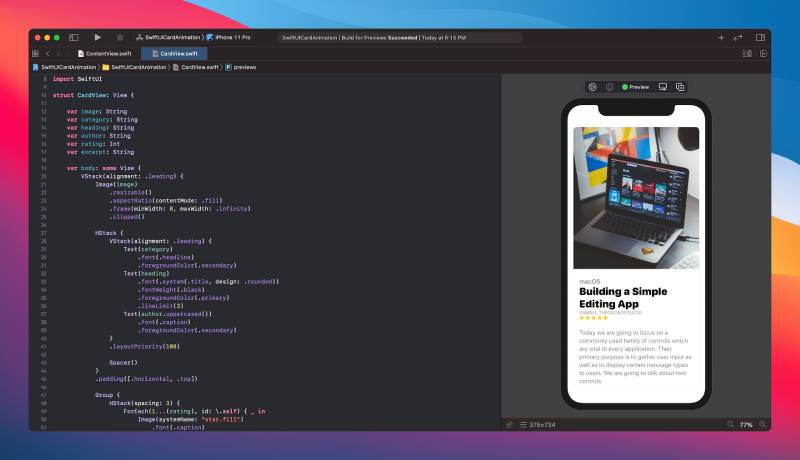
Swift is Apple’s official language for building iOS apps.
It’s quite friendly for beginners, yet powerful enough for experts.
Swift offers a simple syntax and a safe execution environment, which means fewer bugs and crashes. If you want to develop apps for iPhone, iPad, or even Mac, Swift is your best pal.
Java

Java is the granddaddy of mobile app development languages. Mostly used for Android app development, Java is robust, flexible, and runs on multiple platforms.
It has a vast online community, meaning lots of support and resources.
Kotlin
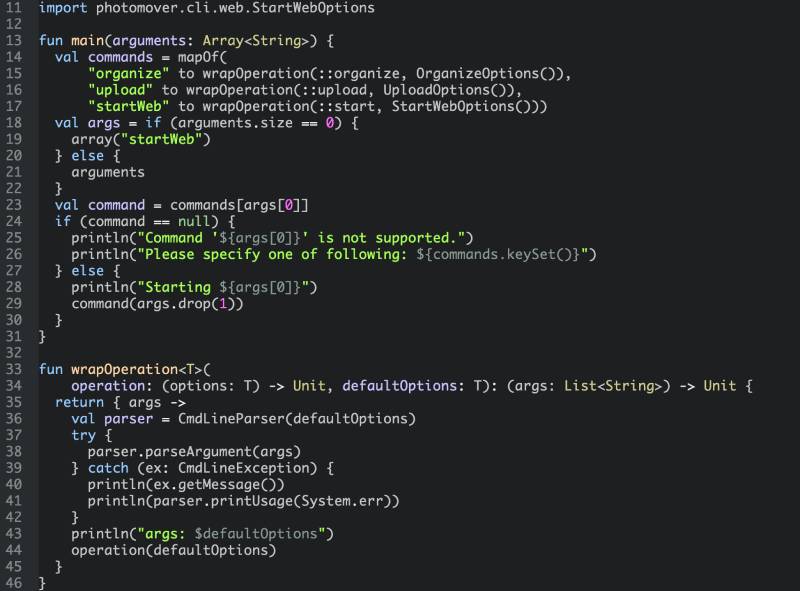
Kotlin, a newcomer, is Google’s preferred language for Android development. It is fully interoperable with Java, so it’s kind of an upgrade.
Kotlin eliminates null reference errors (the billion-dollar mistake), making app development a smoother journey.
JavaScript

JavaScript, primarily a web language, also powers mobile apps through frameworks like React Native. This means you can write code once and run it on both iOS and Android. It’s like killing two birds with one stone.
Objective-C
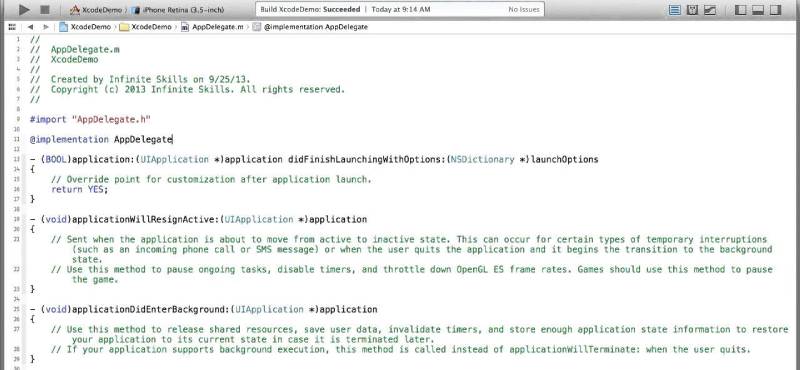
Objective-C is the predecessor of Swift. It’s more complex and less safe, but still used in legacy iOS apps. If you want to maintain or upgrade old iOS apps, getting cozy with Objective-C can be beneficial.
C#

C# is the darling of .NET developers. With Xamarin, you can create native mobile apps for iOS, Android, and Windows. It’s a strong and type-safe language, with support from Microsoft.
Dart
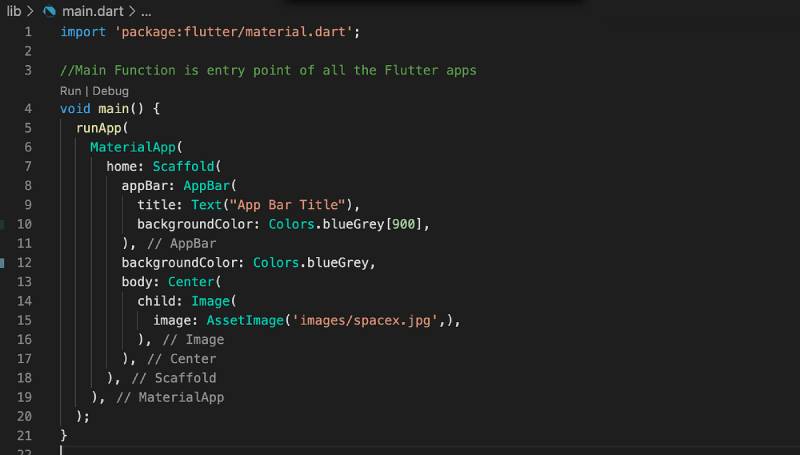
Dart powers Flutter, Google’s UI toolkit for natively compiled applications. Dart allows for beautiful, natively compiled apps on mobile, web, and desktop from a single codebase. Flutter is quite the rage nowadays.
Ruby
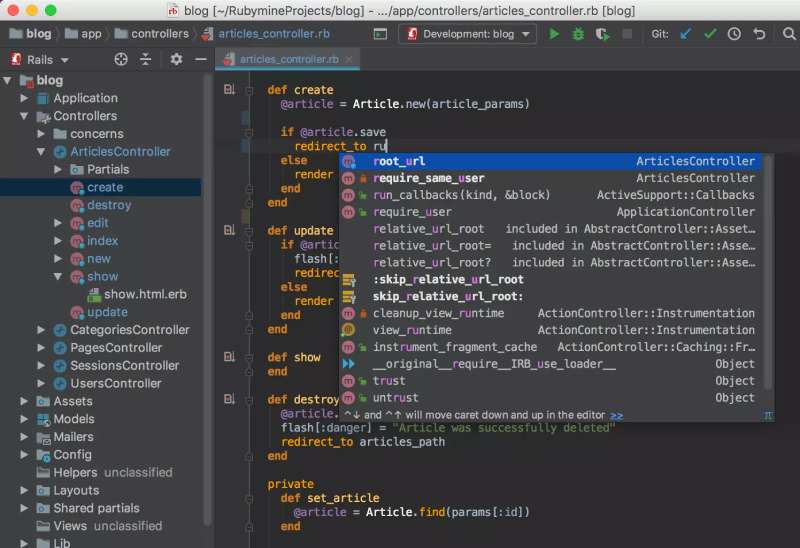
Ruby, along with Ruby on Rails, is commonly used for server-side app development. It’s a high-level, interpreted language. Easy-to-write and easy-to-read, Ruby offers a friendly syntax for newbies.
Python
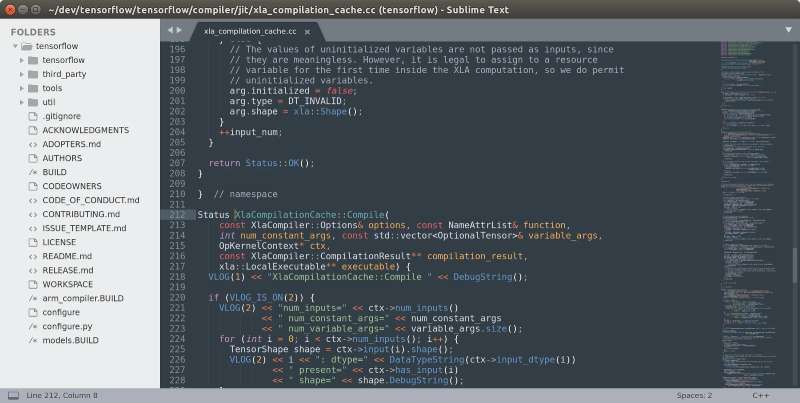
Python is versatile. While not traditionally used for mobile app development, certain frameworks like Kivy or BeeWare make it possible. Python’s syntax is clean and easy-to-understand, making it a popular choice among beginners.
PHP

PHP is a server-side scripting language. It’s popular for web development but can also be used for general-purpose programming. In mobile app development, it’s often used to build the backend.
C++

C++ is a powerful language that provides control over system resources. Mostly used in game development, mobile app developers can use it for more hardware-intensive tasks. It’s quite complex, so be prepared for a wild ride.
HTML5
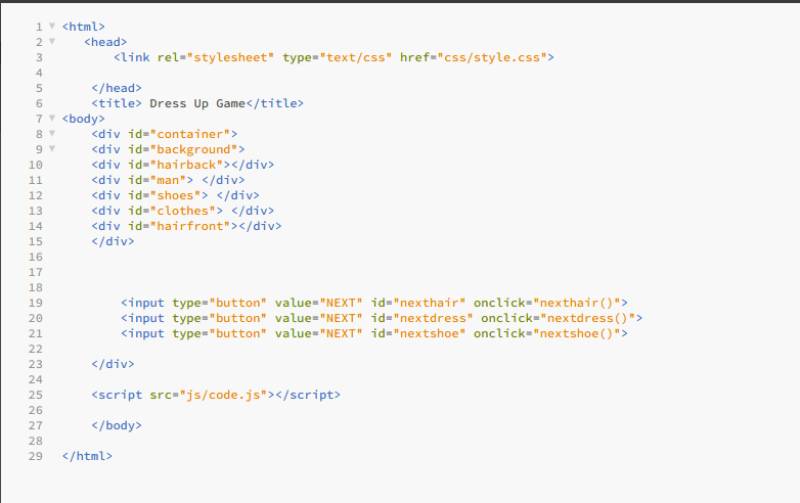
HTML5 is not really a programming language, but it’s essential for web-based mobile apps. Paired with CSS3 and JavaScript, it forms the holy trinity of web development.
CSS3
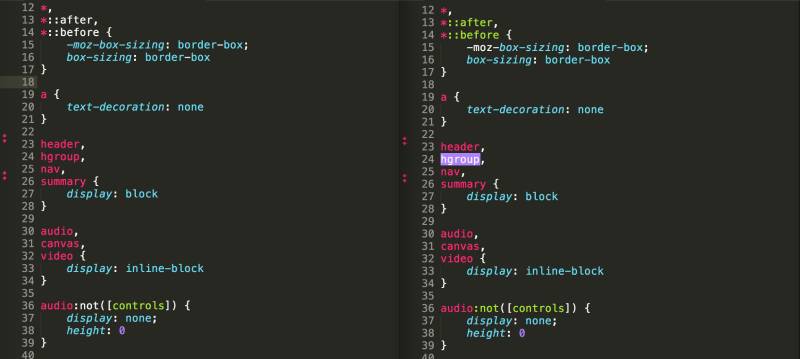
CSS3 is used alongside HTML5 and JavaScript for designing the look and feel of mobile web apps. It’s all about aesthetics, making apps pleasing to the eye.
SQL
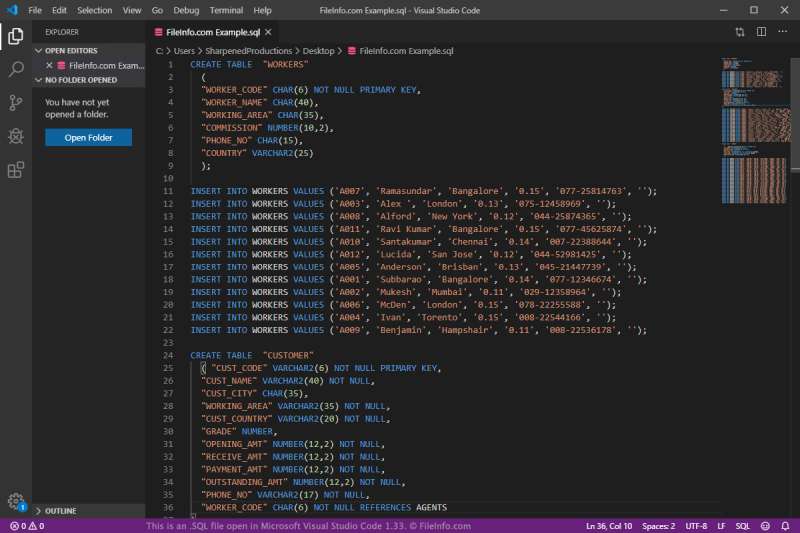
SQL, or Structured Query Language, is used to communicate with databases. Mobile apps often need to store data, and SQL comes to the rescue.
Rust
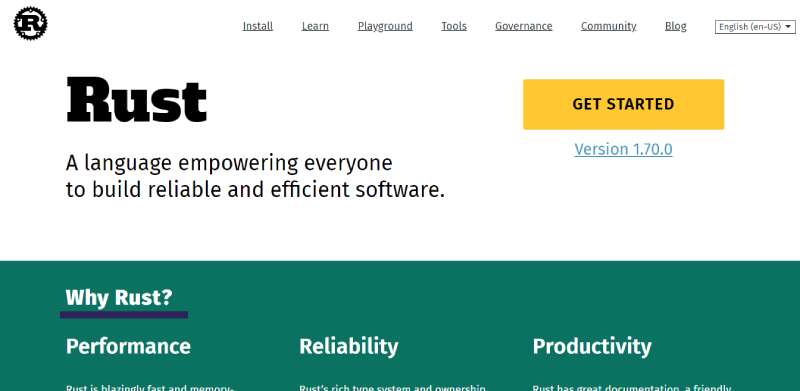
Rust is a systems programming language focused on safety and speed. It’s gaining popularity in areas where C and C++ have dominated. Though not traditionally used for mobile apps, some developers are exploring it for this purpose.
Go
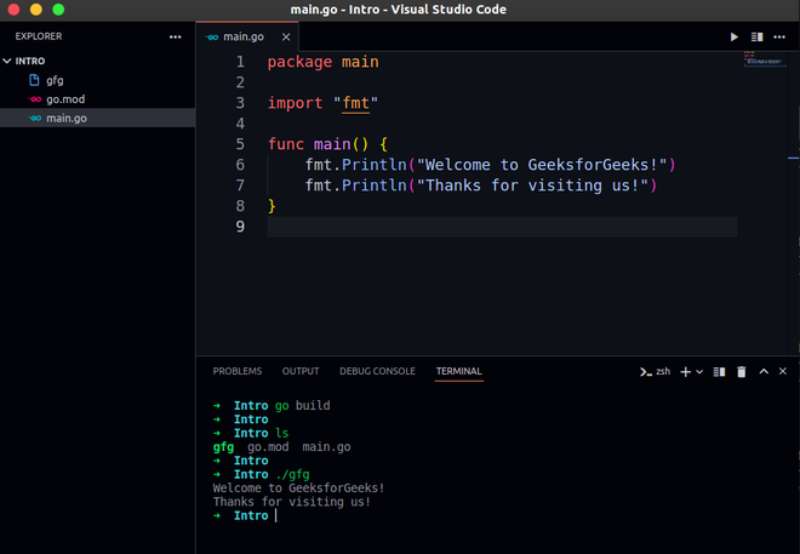
Go, also known as Golang, is an open-source programming language by Google. It’s often used for server-side logic in mobile app development. Go is gaining popularity due to its simplicity and efficiency.
TypeScript
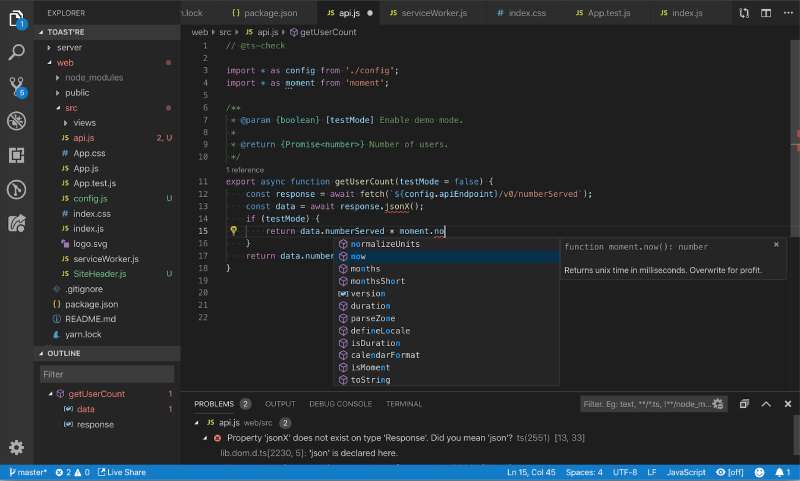
TypeScript is a superset of JavaScript, meaning it extends JavaScript by adding types. Used with frameworks like Ionic or React Native, TypeScript allows for more robust mobile app development.
Lua
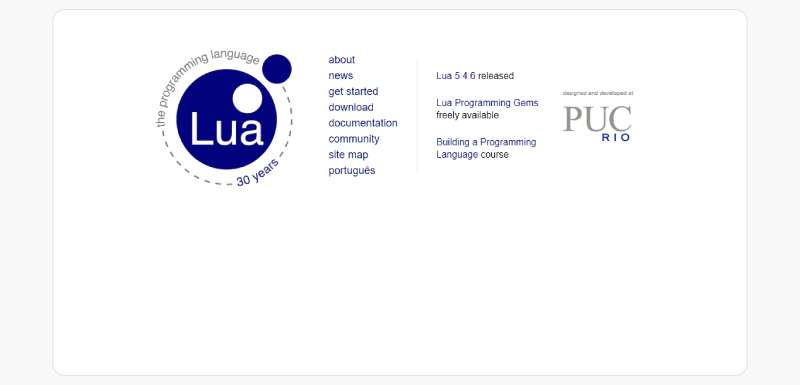
Lua is a powerful, efficient, lightweight scripting language. It’s often used in game development, as seen in Angry Birds and World of Warcraft. If you’re into game app development, Lua is a worthy ally.
Perl
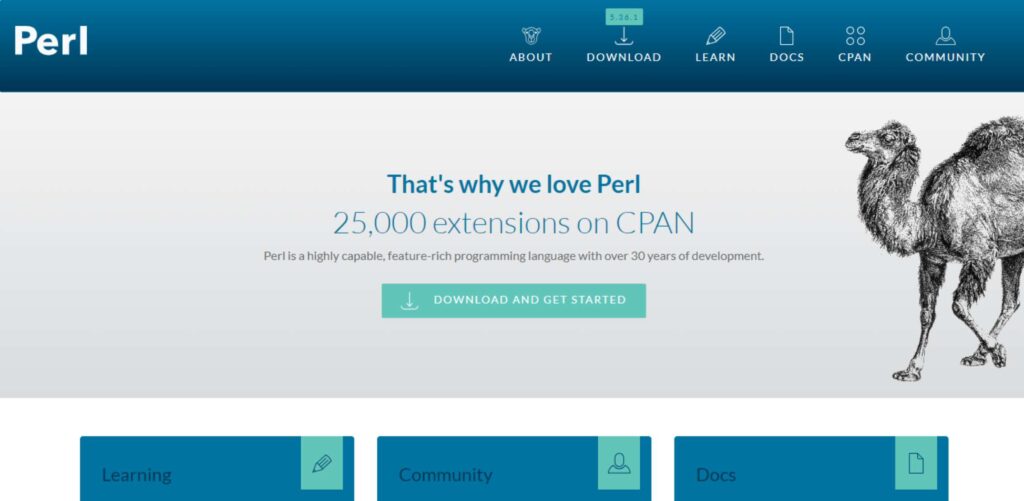
Perl is a high-level, general-purpose, interpreted scripting language. Though not commonly used for mobile app development, it can be useful in certain situations, like backend scripting.
R

R is a language and environment for statistical computing and graphics. In the context of mobile app development, R can be used to implement machine learning algorithms or data analysis.
FAQ On Mobile App Development Languages
What’s the Best Language for iOS App Development?
Well, it’s a tie between Swift and Objective-C. Swift’s the modern champ—fast, safe, and intuitive. Objective-C’s the wise sage—rich in legacy but a steeper climb for new devs. Swift’s got the edge now, with Apple betting big on it.
Can You Use Python for Mobile App Development?
You bet, but it’s not mainstream. Python’s great for server-side stuff, but mobile’s another story. Frameworks like Kivy or BeeWare can swing it, making Python dance for iOS and Android, but don’t expect native performance. It’s more for prototypes or utility apps.
Is Java Outdated for Android Development?
Outdated? Far from it. Java’s like the original blockbuster of Android dev. Yet here comes Kotlin, stealing the spotlight. Google’s pushing it hard, and devs are digging its modern features. Java’s still kicking, but Kotlin’s fresher, sleeker—a tad more future-proof.
Which is Faster: React Native or Flutter?
Speed’s a tricky game. React Native talks smooth with native components, while Flutter paints its own UI—both fast in their own ways. When it comes down to development speed, React Native’s got maturity. Flutter? It’s snappy with a rocketing fan base. Either way, users won’t lag behind.
How Crucial are Cross-Platform Frameworks?
They’re game-changers. Imagine writing once, running everywhere—React Native, Xamarin, or Flutter make it real. They save time, cut costs, and open doors to both Android and iOS with a single codebase. They’re not perfect, but for many, they’re the smart call.
Does Using Swift Limit App Platforms?
Yep, it’s Apple’s pride—tailor-made for iOS, watchOS, macOS, the whole family. So, if you’re eyeing just Apple’s orchard, Swift’s a dream. But crossing over to Android? You’ll need a bridge like React Native or an alternative language.
Is App Development Possible Without Coding?
Sure thing, thanks to no-code or low-code platforms. They’re like the fast food of app development—quick, sometimes tasty enough, but you don’t get to tweak the recipe much. Tools like Appy Pie or BuildFire let non-coders stack an app, but it’s no substitute for bespoke coding.
Can C# be Used for Mobile Development?
Absolutely, C# shines bright in the mobile realm, courtesy of Xamarin. It’s like taking a slice of .NET and letting it bask in Android and iOS sun. You get to share code across platforms, backed by Microsoft’s muscle. Pretty neat, especially for devs already versed in the .NET universe.
How Important is JavaScript in Mobile Development?
It’s the Swiss Army knife in your coding toolkit. Big player for web apps, sure, but with Node.js and frameworks like React Native, it’s a solid contender for mobile, too. Turns out, you can’t go too far in mobile development without bumping into JavaScript.
Are Mobile Development Languages Specialized for Specific App Features?
Well, it boils down to the app’s needs. Some languages have a knack for graphics (like Swift), while others gel with complex algorithms (say, C++). But it’s the frameworks and libraries that bring the special sauce—turning generic code into feature-rich apps. So, choose based on your feature hitlist.
Conclusion
Navigating the tapestry of mobile app development languages is akin to blending colors on a digital canvas. Choosing the right one is crucial—a core pillar that holds together the intricate architecture of a mobile application. Whether it’s the sleek syntax of Swift for Apple aficionados or the versatility of Kotlin for Android devotees, each language carves a unique path through the app wilderness.
In summing up the journey, remember that:
- Cross-platform champions like React Native and Flutter are reshaping the terrain, offering a unified map for diverse destinations.
- The rise of Xamarin has shown that C# isn’t just for desktops anymore.
- Tools that cater to app creation without deep coding knowledge have unlocked doors for many, nudging innovation ever forward.
Crystallizing an app idea into reality demands more than code; it requires choosing a language that resonates with the rhythm of your project’s pulse. Embrace it, and let it lead your app’s story to the forefront of digital echelons.
If you liked this article on mobile app development languages, you should check out this one about financial software development companies.
We also wrote about a few related subjects like business pivot examples, financial projections for startups, startup press kit examples, nearshoring, Berlin startups, and mobile app makers.
- Healthcare software: Exploring 10 essential types and their benefits - May 3, 2024
- The Best CSS Preprocessors for Developers - May 3, 2024
- A Developer’s Guide: What is PHP Used For? - May 3, 2024





